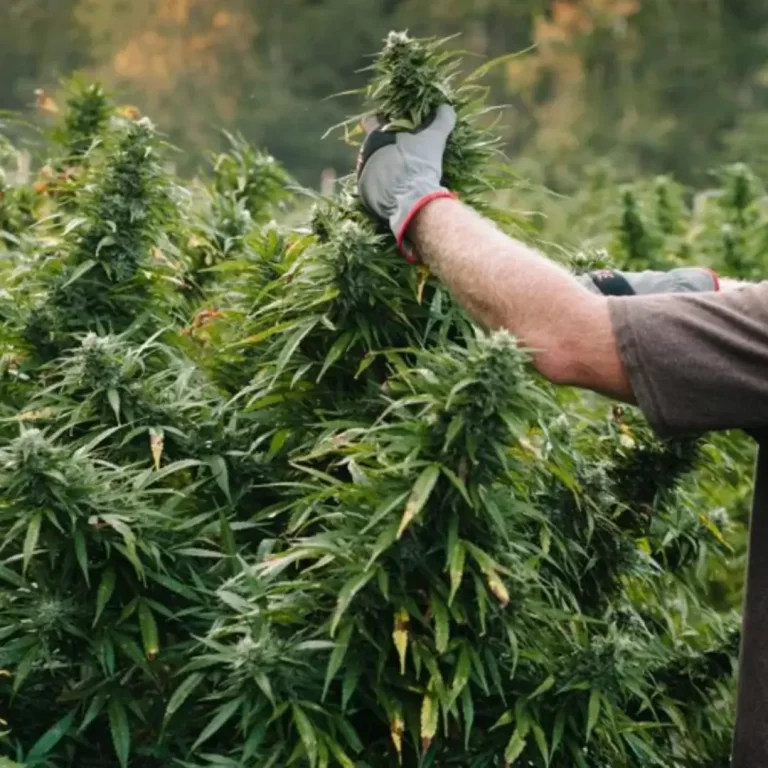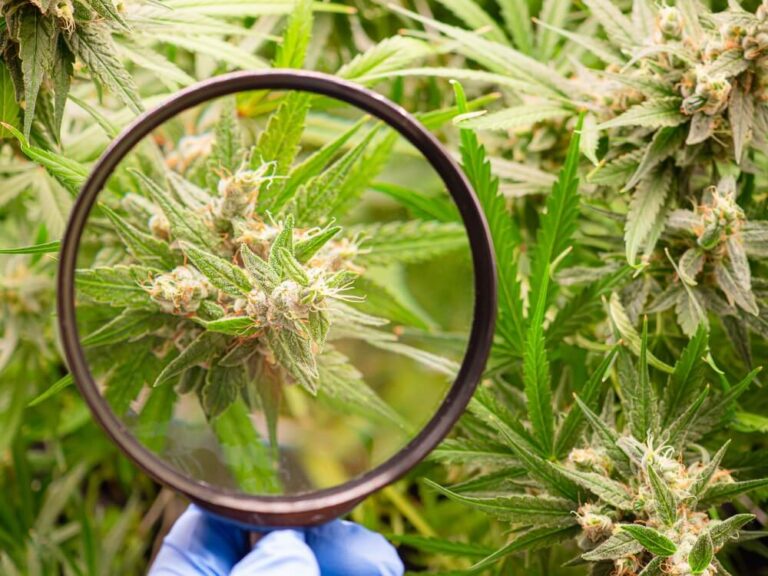
Hawaiian Senate Advances Marijuana Legalization Bill, Faces Mixed Reactions
- Cannabis News
- Cannabutter Digest
Members of the Hawaiian Senate are advancing two measures in a bid to legalize marijuana in the Aloha State. The Senate adopted several amendments to the bills before sending them to their counterparts in the House. Governor John Green (D) says that legalization is a big issue the state has yet to address, signaling he is prepared to sign legislation that ends the prohibition of recreational cannabis in the state.
However, the measure has mixed reactions, especially after the Hawaiian House could not come together to pass marijuana legislation last year. Some hope marijuana could be another cash crop for the state, while others say the economic advantages of legalizing recreational cannabis do not outweigh the dangers of doing so.
Hawaiian Marijuana Legislation
The more-than-300-page bill addressing cannabis legalization was formally introduced in both chambers of Hawaiian Congress in January as House Bill 2600 and Senate Bill 3335. Both measures are based on legalization legislation suggested by Attorney General Anne Lopez (D). The bills would allow adults 21 and older to possess up to one ounce of marijuana and permit home cultivation of up to six cannabis plants. A home grower could also possess up to ten ounces of harvested marijuana from their plants.
The measures also seek to establish a Hawaii Cannabis Authority to regulate the new marijuana industry and license cannabis businesses, like cultivators, retailers, and processes in Hawaii. The agency would be overseen by a Cannabis Control Board with five appointed members and an executive director. Tax revenue from the sale of cannabis would be divided between a law enforcement-focused fund and a fund promoting cannabis social equity, public health, public safety, and education.
Before proceeding with the legislation, the Senate Ways and Means Committee and the Commerce and Consumer Protections Committee zeroed out all the bill’s funding numbers. Both committees say the decision reflects the ongoing discussion in the Hawaiian legislature. Senate committees also adjusted provisions in the measure addressing hemp, licensing provisions, marijuana, and the criminal justice system. Among the amendments is one that would allow individuals with past cannabis felony convictions to apply for licenses and employment in the marijuana industry. However, those individuals can only qualify for positions ten years post-incarceration, probation, or supervised release.
Other amendments to the bill in the Senate include clarification on making possession and distribution of marijuana paraphernalia legal, since, technically, doing so is already legal in the state. The amendment also seeks to change the name of the regulatory body overseeing cannabis regulation to the Hawaii Help and Cannabis Authority, making clear hemp is also an integral part of the legalization and regulation process.
Mixed Reactions to the Plan
Marijuana advocates are excited about the prospect of finally legalizing recreational cannabis in Hawaii. Sen. Tim Richards (D) says that he supports the measure overall but thinks there is a little further to go before the bill is ready for a vote. However, on the same side of the aisle, Sen. Sharon Y. Moriwaki (D) voiced her concern that cannabis legalization may lead to “a lot of problems in the community” – fears law enforcement agencies in the state strongly echo.
The state Department of Law Enforcement submitted testimony saying the organization has “serious concerns” about legalizing marijuana, claiming fatal car crashes will spike. They cited a Rocky Mountain High-Intensity Drug Trafficking Area report from Colorado that suggests fatal collisions in the state nearly doubled between 2013 and 2020. The Colorado Department of Transportation notes that since legalization in the state, deaths from car accidents rose 10 percent. However, suicide and opioid overdose deaths declined.
The Department of Law Enforcement also suggests they want more money to offset the potential for “substantial predictable illegal activity that our community will see.” They want at least $2 million in additional funding and 17 new enforcement staff positions. Some reports indicate in the states examined, legalization resulted in fewer marijuana-related arrests, and there was no noticeable indication of an increase in arrests related to transportation or trafficking offenses along the borders with other states. Other studies suggest certain crimes decreased in frequency in states like Colorado post-legalization, like property crimes and simple assault. However, there may not be enough long-term data yet to come to conclusive findings about the relationship between legalization and crime rates.
Legalization advocates like Karen O’Keefe, director of the group Marijuana Policy Project, push back against critics and say prohibitionist views are “untethered to reality.” She claims teen use has gone down in states with legalized marijuana. However, she notes that some provisions in the current legislation may take “an overly punitive approach and fail to include a sufficient commitment to equity.”
The ACLU of Hawaii supports legalization measures in the state but says the current draft legislation again falls short of social equity and reparative justice reforms. The organization cites the disproportionate effect marijuana prohibition has had on minority communities and Native Hawaiian populations. They say Native Hawaiians do not use drugs at significantly higher rates than other populations, but they do go to prison more often than people of other races and ethnicities.
Numerous other advocacy organizations support cannabis reform in the Aloha state. However, they say that a balanced approach is needed to end marijuana prohibition effectively. Many urge lawmakers to take a different approach and focus on a legalization path that reinvests in communities and builds an inclusive marijuana framework and industry, rather than the current legislation they say focuses too heavily on law enforcement and recriminalization.
Attorney General Anne Lopez (D), whose plan was the basis of the new legislation, says the Department does not support cannabis legalization. Still, she is proud of what is represented in the legislature, saying the bill is reasonable and moderate.
Want to learn more about the latest updates on recreational legalization and all things cannabis? You can follow the progress of this news story and others at Cannabutter Digest. You can also count on quality content featuring other news, recipes, and product reviews.






